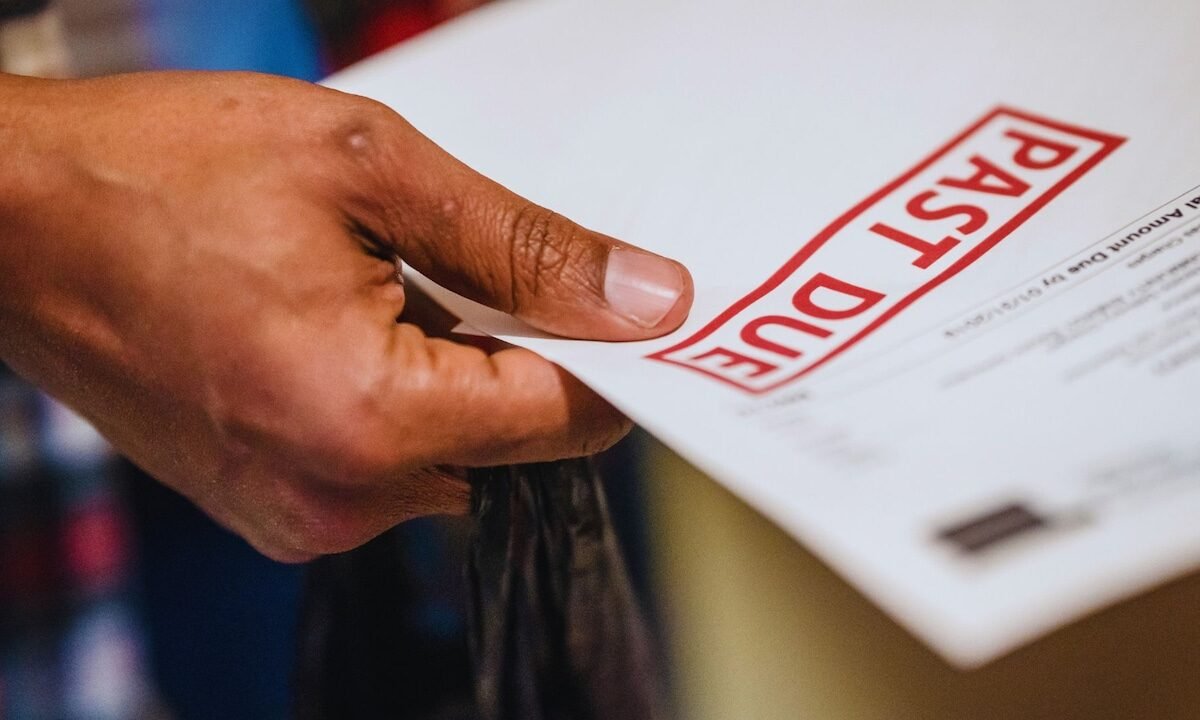Gov. Phil Murphy announced Monday that 629,000 residents will see a combined $927 million in debt forgiven in the state’s fourth round of medical debt abolishment.
Murphy said the state spent $5.8 million of leftover federal COVID-19 funds to retire the medical debt in conjunction with Undue Medical Debt, an organization created by former debt collection executives that goes around the country to buy up medical debt and erase it altogether.
Since last August, New Jersey and Undue have partnered to eliminate more than $1 billion in medical debt for an estimated 776,000 New Jerseyans and counting.
“Nobody should have to choose between their health and their financial stability. My Administration has pursued lasting systemic reforms to put more affordable health care in reach for New Jersey families and better protect our residents from accumulating debt,” said Murphy in a press release.
About 3% of New Jersey residents had medical debt as of August 2023, with a median debt of $1,159, according to the latest figures from the research nonprofit Urban Institute. The burden falls heaviest on people of color, with 5% of minority residents struggling with unpaid bills compared to about 3% of white New Jerseyans.
Some studies have found the daunting cost of healthcare and its potential financial burden can scare people away from seeking necessary care, making them sicker.
“Debt relief efforts are essential not only for financial recovery, but for the well-being of our communities,” said New Jersey Department of Health Commissioner Dr. Kaitlan Baston in a press release. “Today’s announcement is a massive win and a testament to the Murphy Administration’s commitment to making health care more affordable and accessible for New Jersey’s residents.”
This is the Murphy Administration’s fourth round of medical debt elimination. In August last year, Murphy eliminated $100 million in medical debt for an estimated 50,000 New Jerseyans. Two months later, in October, he eliminated $120 million in medical debt for another 77,000 residents. The third round in January abolished more than $26 million in medical debt for an estimated 147,000 New Jerseyans.
This time around, Undue worked with the RWJBarnabas Health to identify and purchase qualifying, unpayable medical debt, Murphy administration officials said.
RWJBarnabas Health is the state’s largest integrated academic health system. It includes 12 acute care hospitals, three acute care children’s hospitals, two trauma centers, and the state’s largest behavioral health network.
Additionally, Undue also purchased a portion of the medical debt from the secondary market, where the debt is often from physicians’ groups and collection agencies.
Letters to those impacted by the fourth round of debt relief will begin going out over the coming weeks.
There is no application process for medical debt relief.
Those who qualify were either four times or more below the federal poverty level or had medical debts that equaled 5% or more of their annual income. These are the only criteria for relief.
On top of eliminating existing debt, the state has made some legislative efforts to address the burden of healthcare costs. Gov. Phil Murphy signed three laws in 2023 aimed at making prescription drugs more affordable for New Jersey residents.
Last year, Murphy signed the Louisa Carman Medical Debt Relief Act, which endeavors to help families avoid medical debt and protect individuals from predatory medical debt collectors.
Our journalism needs your support. Please subscribe today to NJ.com.
Jackie Roman may be reached at jroman@njadvancemedia.com.





